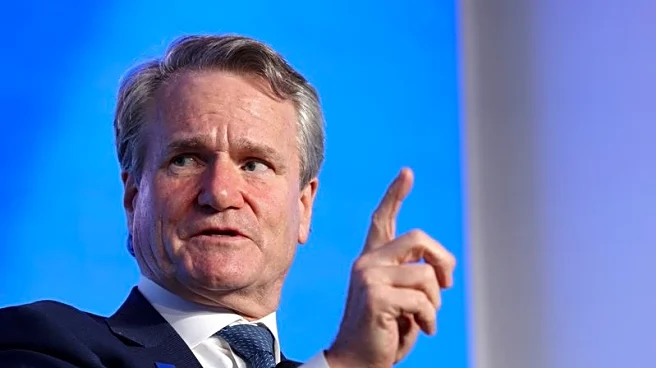WASHINGTON (Reuters) -U.S. Health Secretary Robert F. Kennedy Jr. could imminently overhaul a key federal advisory panel that recommends which preventive services insurers must pay for, health and medical
news website STAT News reported on Tuesday, citing a person familiar with the plans.
Federal health officials are vetting new members for the U.S. Preventive Services Task Force, the report said. It also cited David Mansdoerfer, who advises a group allied with Kennedy, as saying he knew people being considered for the panel but that he declined to name them.
Mansdoerfer, who served during President Donald Trump's first administration as deputy assistant secretary at the Department of Health and Human Services, later told Reuters that he knew "a couple" of those being considered. He added that he was not actively involved in the process, which he said could take from a few weeks to two or three months.
The Office of the White House Liaison at HHS is in charge of the vetting, said Mansdoerfer, now the chief strategy adviser to the Independent Medical Alliance, a group of physicians allied with Kennedy. This was also the case with candidates for advisory committees during his time at the department, he said.
Asked if the people he knew of who were under consideration were physicians, Mansdoerfer said they were all clinical health professionals. He had earlier told STAT that the existing panel was "MD heavy" and that the reorganized one was likely to include other kinds of healthcare providers.
The Wall Street Journal reported on Friday that Kennedy planned to remove all of the panel's 16 members. An HHS spokesperson said Kennedy had not yet made a decision.
The U.S. Preventive Services Task Force includes medical experts serving staggered four-year terms on a volunteer basis. Its role in choosing what services will be covered by insurers was established under the 2010 Affordable Care Act, also known as Obamacare.
The 40-year-old group, whose recommendations provide guidance to doctors, looks at everything from routine screenings for breast cancer to drugs to prevent HIV infection.
(Reporting by Ahmed Aboulenein in Washington; Additional reporting by Christy Santhosh in Bengaluru; Editing by Matthew Lewis)













